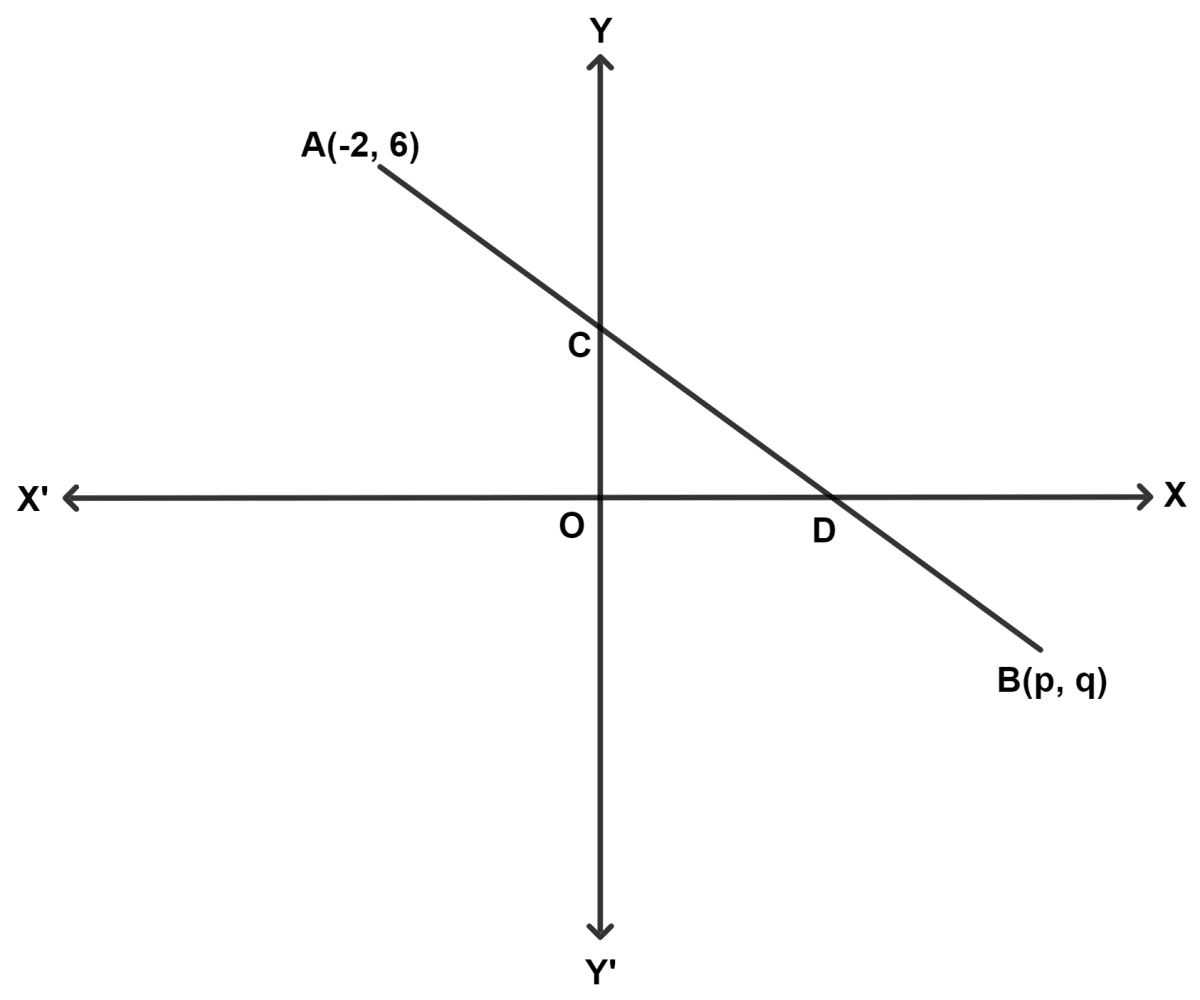Mathematics
The sum of a certain number of terms of the Arithmetic Progression (A.P.) 20, 17, 14, ……. is 65. Find the:
(a) number of terms.
(b) last term.
AP GP
35 Likes
Answer
(a) Let no. of terms be n.
By formula,
Sum of A.P. =
Substituting values we get :
Since, no. of terms cannot be in fraction.
∴ n = 10.
Hence, no. of terms = 10.
(b) By formula,
Last term (l) = a + (n - 1)d
= 20 + (10 - 1) × (-3)
= 20 + 9 × (-3)
= 20 - 27
= -7.
Hence, last term = -7.
Answered By
15 Likes
Related Questions
The marks scored by 100 students are given below:
Marks scored No. of students 0-10 4 10-20 5 20-30 9 30-40 7 40-50 13 50-60 12 60-70 15 70-80 11 80-90 14 90-100 10 A student in the class is selected at random. Find the probability that the student has scored:
(a) less than 20
(b) below 60 but 30 or more
(c) more than or equal to 70
(d) above 89.
Given, matrix A = such that AB is a null matrix. Find :
(a) order of the null matrix
(b) possible values of x and y.
(a) Point P(2, -3) on reflection becomes P'(2, 3). Name the line of reflection (say L1).
(b) Point P' is reflected to P'' along the line (𝐿2), which is perpendicular to the line 𝐿1 and passes through the point, which is invariant along both axes. Write the coordinates of P''.
(c) Name and write the coordinates of the point of intersection of the lines 𝐿1 and 𝐿2.
(d) Point P is reflected to P''' on reflection through the point named in the answer of part I of this question. Write the coordinates of P'''. Comment on the location of the points P'' and P'''.
In the given figure, if the line segment AB is intercepted by the y-axis and x-axis at C and D, respectively, such that AC : AD = 1 : 4 and D is the midpoint of CB. Find the coordinates of D, C and B.
